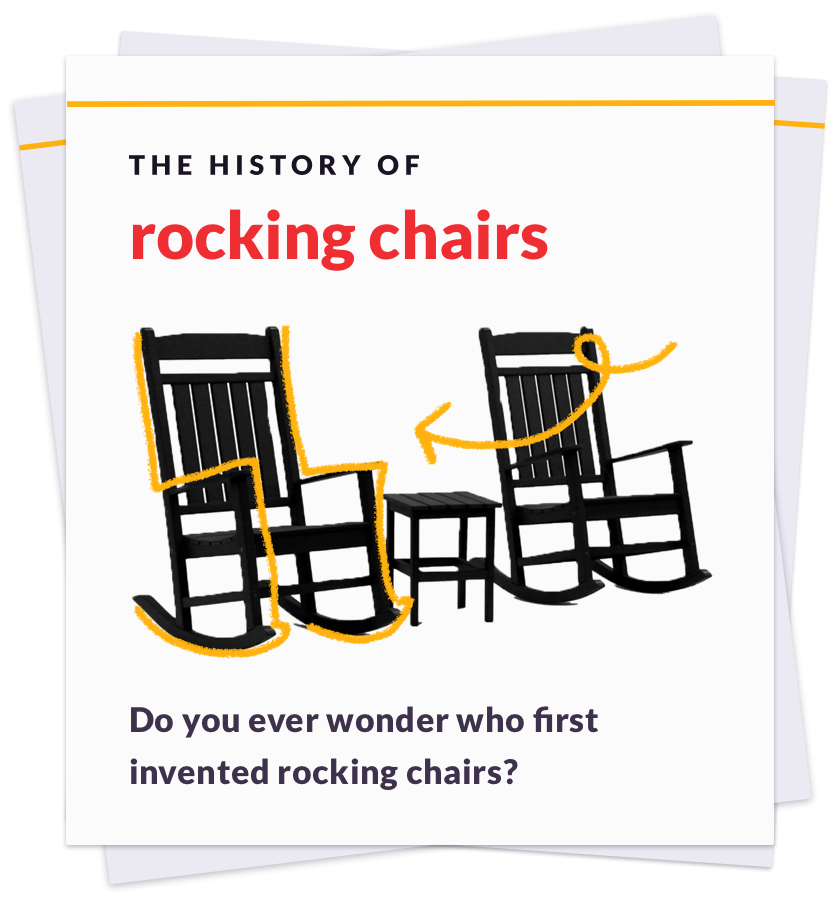Curling tongs, the direct precursors of the curling iron, have been around since ancient times. The ancient Babylonians, Assyrians, Persians, Greeks, and Egyptians all used a form of curling tongs. Typically, rods made from either iron or bronze were heated over a fire and used to curl hair into impressive styles. Most of the time, these early curling irons were only used by the wealthy. Notably, men as well as women used curling tongs on their hair and sometimes on their beards as well. Sir Hiram Maxim, an English citizen born in the United States, patented one of the earliest curling iron designs in 1866. However, the Frenchman Marcel Grateau is generally credited as the inventor of the modern curling iron. His design closely resembled the curling tongs of the ancient world — its metal barrels had to be heated over gas burners before being applied to the hair. Grateau used his curling iron to create his famed "Marcel Wave" hairstyle. However, his invention was associated with many accidents and hair was often damaged or even burned because the heat level was hard to control. Eventually, the electric curling iron was invented, but temperature control remained an issue. It was a Black female inventor and beautician named Jessie T. Pope who solved the issue of curling irons burning hair when she invented the thermostatically controlled curling iron. As a hairstylist working in Detroit, Pope realized it was important to control and maintain the temperature of electric curling irons and she decided to invent her own device. First Lady Elanor Roosevelt was so impressed by Pope’s creation that she offered to help her file for a patent. On October 22, 1946, Pope was granted a patent for her invention. In 1958, Pope founded a company to manufacture her thermostatically controlled curling iron, which was mass-produced and quietly revolutionized the hair industry. Today, improvements to the curling iron have continued and many brands offer unique versions with various proprietary technologies. These range from expensive options with high-tech designs from companies like Dyson to more traditional and affordable curling irons from drugstore brands like Conair.

Your go-to guide for weird history facts
Subscribe to the FREE daily email that makes learning about history fun.


